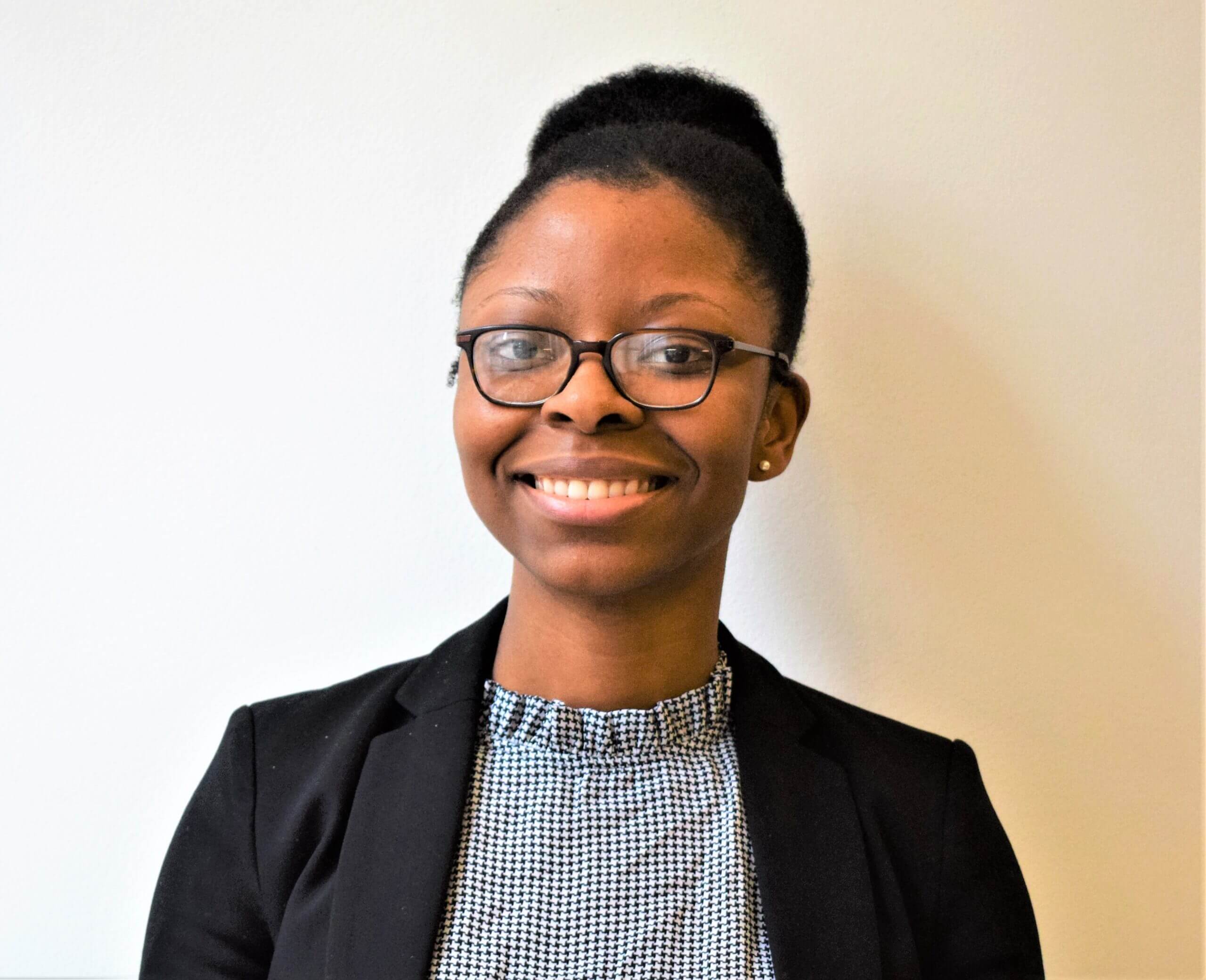
Adenike Adebiyi, Intern, Money and Mental Health
Four reflections on my internship at Money and Mental Health
18 July 2019
When I found out that Money and Mental Health were offering an internship, I knew I had to apply. Bringing together my interest in personal finance, my concern for social justice, and my passion for mental health, I was delighted when I received the call about my success in securing the internship of my dreams. My friends, family, and I were all agreed: ‘twas the perfect opportunity for me. And it makes it harder to say goodbye when six months seemed like a long time on paper, but came and went like a whirlwind. It’s been a very busy time, but I’m grateful for everything I’ve gained from my time with the Money and Mental Health team, personally and professionally.
People actually care
The first thing that made a big impression on me when I started my internship was that people care enough about mental health to do something about it. From the team, who embed the input and ideas from people with lived experience of mental health problems at every level of their work, to the regulators and authorities at event after event who showed great enthusiasm about improving the lives of people with mental health problems, there is an appetite to not only talk about these issues, but also to address them. And I’ve been fortunate enough to witness some of this in action.
It all starts with felt tips
When I joined Money and Mental Health, ideas were already being brainstormed for what the charity’s new accessibility standards for mental health could include, and how they might be measured and made effective. But having had the privilege of watching things progress behind the scenes, and then being part of the launch of the first ever Mental Health Accessible standards, I’ve come to appreciate, as Rachel Braverman put it, “the joys of incrementalism”. Meeting by meeting, draft by draft, and line by line (in multicoloured felt tips), what started out as a conclusion drawn from feedback from the Research Community – that essential services firms could do more for their customers with mental health problems – became, over time, a real set of standards designed to hold even big players like Lloyds Bank to account – and voluntarily, at that. We’ve since had other firms across telecoms and banking, as well as other essential services, express interest in the standards, which shows the extent to which decision makers are keen to act.
Although it’s still early days for the scheme, as I said in my previous blog about the launch event, it is truly wonderful to think about the future of the standards, and the huge potential they have to impact people’s lives for the better. I’m already looking forward to a time when people look back on this as a watershed moment.
On to the next one
The very afternoon after our morning launch event for the Mental Health Accessible Standards, the team quickly got their heads down to work on the next thing: launching our latest report on the need for reforms to assisted decision-making tools like Power of Attorney. Don’t get me wrong, we did celebrate so important a milestone as the Standards at the end of the day, with some tea and cake. But those moments of getting back to work even after having accomplished something very significant taught me that while creating change is possible – however long and repetitive the process can be – even when it does begin to happen, the work never stops. For Money and Mental Health, while the negative link between these two issues remains, there will always be more to be done. So, while it’s important to celebrate progress, having an impact that makes any real difference requires a commitment to transformation in the long haul. It requires diligence and stamina, and I’m grateful to have been given ample opportunity to develop both, and to recognise in my work the value of the big things (like listening to people’s stories in case study interviews) as well as the little things (like maintaining databases of important contacts).
My money and mental health now
In my first blog, I wrote about some of the experiences that shaped me and my passion for mental health. My time at Money and Mental Health has only enhanced this. From the launch of the report on the barriers to benefits that people with mental health problems encounter, to the many other events I attended focused on addressing things like gambling related harms, and the mental health aspect of diversity, I have been nothing short of inspired.
Money wise, I have nothing bad to say about being encouraged to take a day to work from home to complete a Money Makeover. Mental health wise, I have been thoroughly enriched by listening to the stories of members of our Research Community, which have done more than just reveal how inadequate many systems are, they’ve also shown me how amazingly resilient people can be. And since many of these people have themselves come up with ideas for how to change those systems, it’s been a pleasure to work with Money and Mental Health to get the voices of people with mental health problems listened to.
In time, the better systems and services work for people with mental health problems, the more freed up they will be to use their imagination and creativity for other things – like enjoying life. Now, isn’t that a vision worth striving for?
